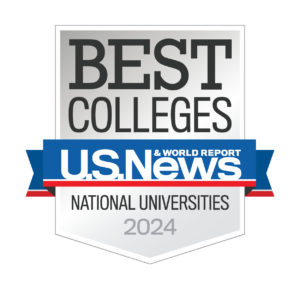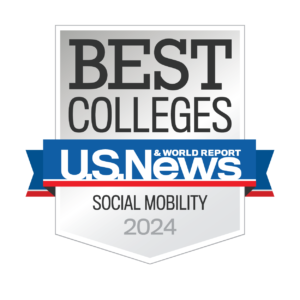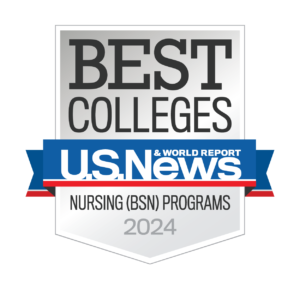Are you a Saint Rose student looking for your next step?
Frequently Asked Questions




Transfer News and Events
Transfer Resources

With a Transferology account, you can compare courses from your current college with courses offered at Sage! It’s free to create an account, and very user-friendly. Don’t see your courses listed? Don’t stress! We’ll work with our faculty to see how your credits can come in.
Official final transcripts are needed for transfer credits to be uploaded to your Sage record. The transfer college Registrar’s office sends directly to Sage an official transcript. Send to (two options):
• US Mail: Russell Sage College, Office of Admission, 140 New Scotland Avenue, Albany, NY 12208
• Email: Electronic transcripts may be emailed from the transfer college directly to Sage: [email protected]
Are you a current Russell Sage student looking to take a class elsewhere and transfer it back to Sage? Prior approval is required. See the Transfer Credit Permission Form (Registrar’s Office Google form) for more information.

Meet Our Transfer Students
Join ZeeMee!


